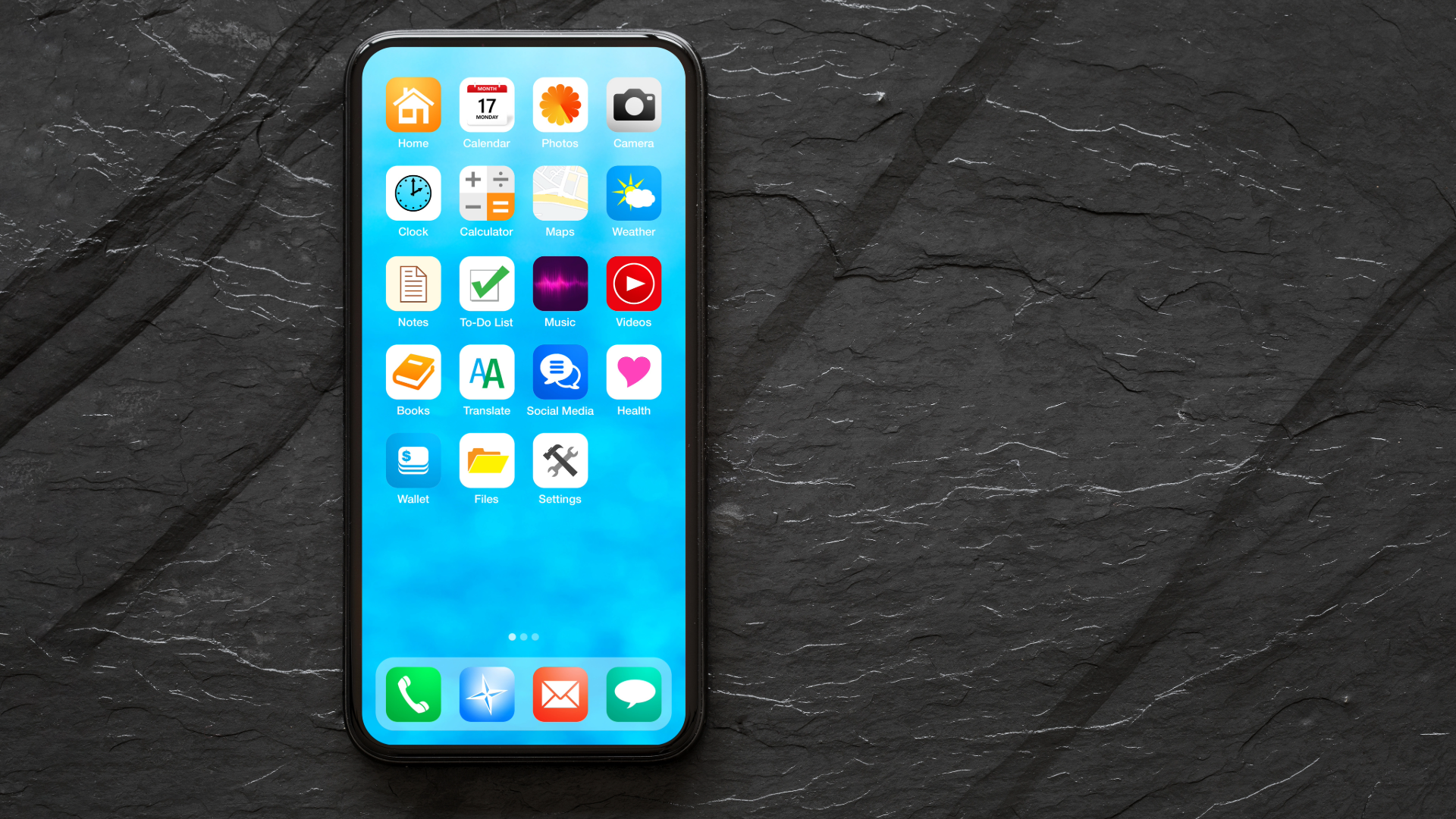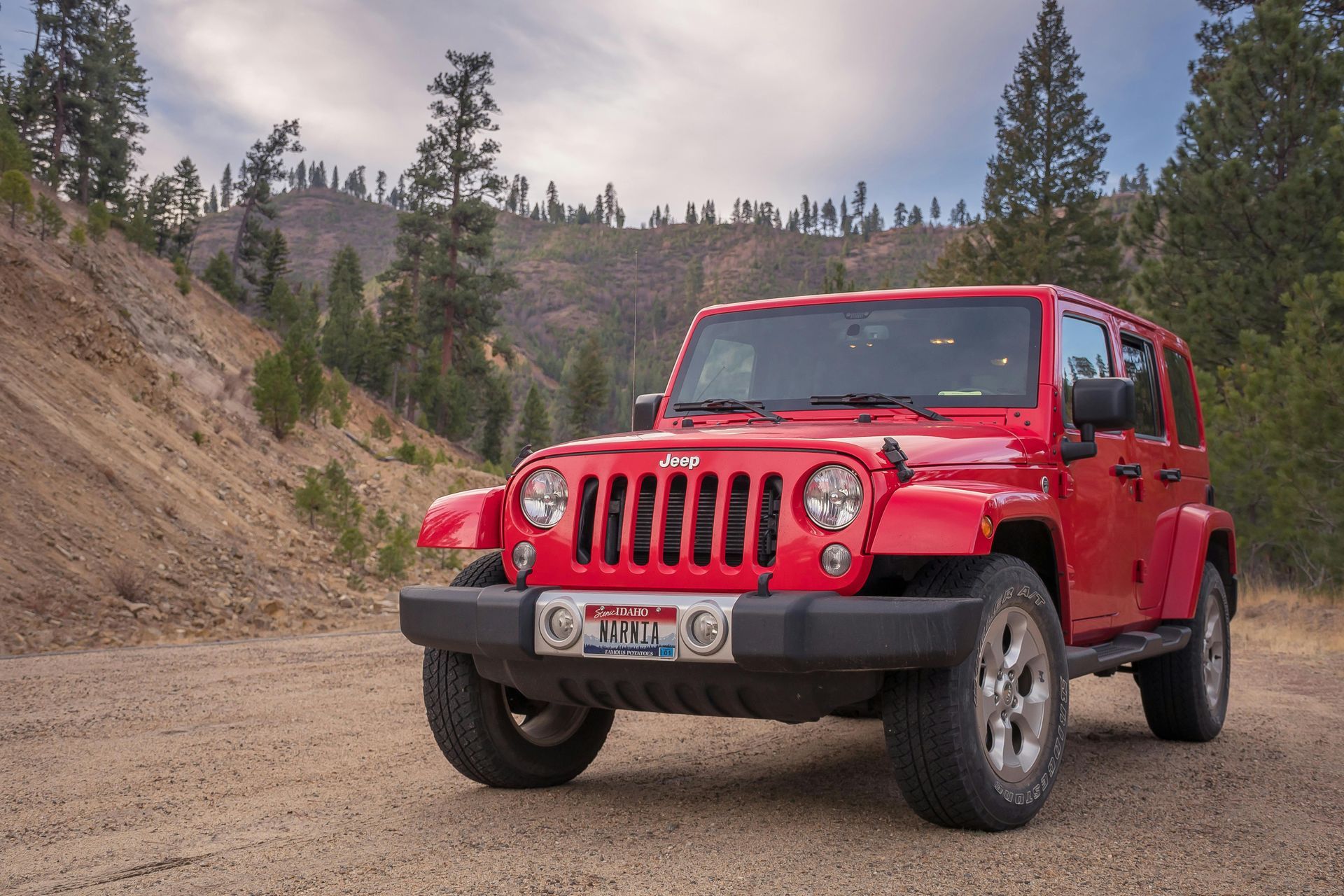What is a BOP?
Why you may need a business owner insurance plan

Understanding Business Owner Insurance Policies: Essential Protection for Your Business
Running a business comes with a myriad of responsibilities and risks. From property damage to liability claims, unexpected events can threaten the stability and success of your business. Business owner insurance policies (BOPs) offer a comprehensive and cost-effective way to protect your business from these risks. In this blog post, we’ll explore what a BOP is, the coverage it provides, and why it’s a crucial investment for any business owner.
What is a Business Owner Policy (BOP)?
A Business Owner Policy is a packaged insurance policy designed specifically for small to medium-sized businesses. It combines several types of coverage into one convenient policy, typically at a lower premium than purchasing each type of coverage separately. A BOP is tailored to meet the common needs of business owners, providing essential protection against various risks.
Key Components of a Business Owner Policy
A typical BOP includes the following core coverages:
1. Property Insurance
Building Coverage: Protects your business premises, including structures owned or leased by your business, against damage from covered perils such as fire, vandalism, or storms.
Business Personal Property: Covers the contents of your business, such as equipment, furniture, and inventory, against loss or damage.
2. Liability Insurance
General Liability: Provides coverage for legal liability resulting from bodily injury, property damage, or personal and advertising injury caused to others in the course of your business operations.
Product Liability: Covers claims related to products you manufacture, sell, or distribute if they cause harm or injury.
3. Business Interruption Insurance
Income Loss: Reimburses you for lost income if your business operations are disrupted due to a covered event, such as a fire or natural disaster.
Extra Expenses: Covers additional expenses incurred to maintain operations during the recovery period, such as renting temporary office space.
Additional Coverages
While a BOP offers a broad range of protection, you may need additional coverages depending on your business’s specific needs and risks. Some optional coverages include:
Professional Liability Insurance: Also known as Errors and Omissions (E&O) insurance, this covers claims arising from professional services you provide that result in client losses.
Cyber Liability Insurance: Protects against data breaches and cyber threats, covering costs such as notification expenses, legal fees, and recovery efforts.
Commercial Auto Insurance: Covers vehicles owned or used by your business for damages, liability, and other auto-related risks.
Workers' Compensation Insurance: Provides coverage for medical expenses and lost wages for employees injured on the job.
Benefits of a Business Owner Policy
1. Comprehensive Coverage
A BOP provides broad protection, covering multiple aspects of your business under a single policy. This comprehensive approach ensures that you’re prepared for various risks without the need to manage multiple policies.
2. Cost-Effective
By bundling different types of coverage, a BOP typically offers lower premiums compared to purchasing each coverage separately. This cost-effective solution makes it accessible for small and medium-sized businesses.
3. Simplicity and Convenience
Managing a single policy is simpler and more convenient than handling multiple insurance policies. A BOP streamlines your insurance management, saving you time and effort.
4. Flexibility and Customization
While a BOP offers standard coverage, it can be tailored to suit your specific business needs. You can add optional coverages to address unique risks, ensuring comprehensive protection.
5. Peace of Mind
Having a BOP in place provides peace of mind, knowing that your business is protected against unforeseen events. This allows you to focus on running and growing your business without worrying about potential financial setbacks.
Who Should Consider a Business Owner Policy?
A BOP is ideal for small to medium-sized businesses across various industries, including:
- Retailers
- Restaurants
- Offices
- Wholesalers
- Contractors
However, not all businesses are eligible for a BOP. Eligibility is typically based on factors such as business size, location, and revenue. Consulting with an insurance professional can help you determine whether a BOP is suitable for your business.
Conclusion
A
Business Owner Policy is a valuable tool for safeguarding your business against unexpected risks. With comprehensive coverage, cost-effective premiums, and customizable options, a BOP offers essential protection that allows you to focus on what matters most—running and growing your business. Whether you’re a new entrepreneur or an established business owner, investing in a BOP is a smart decision that ensures the long-term success and stability of your business.
Recent posts



